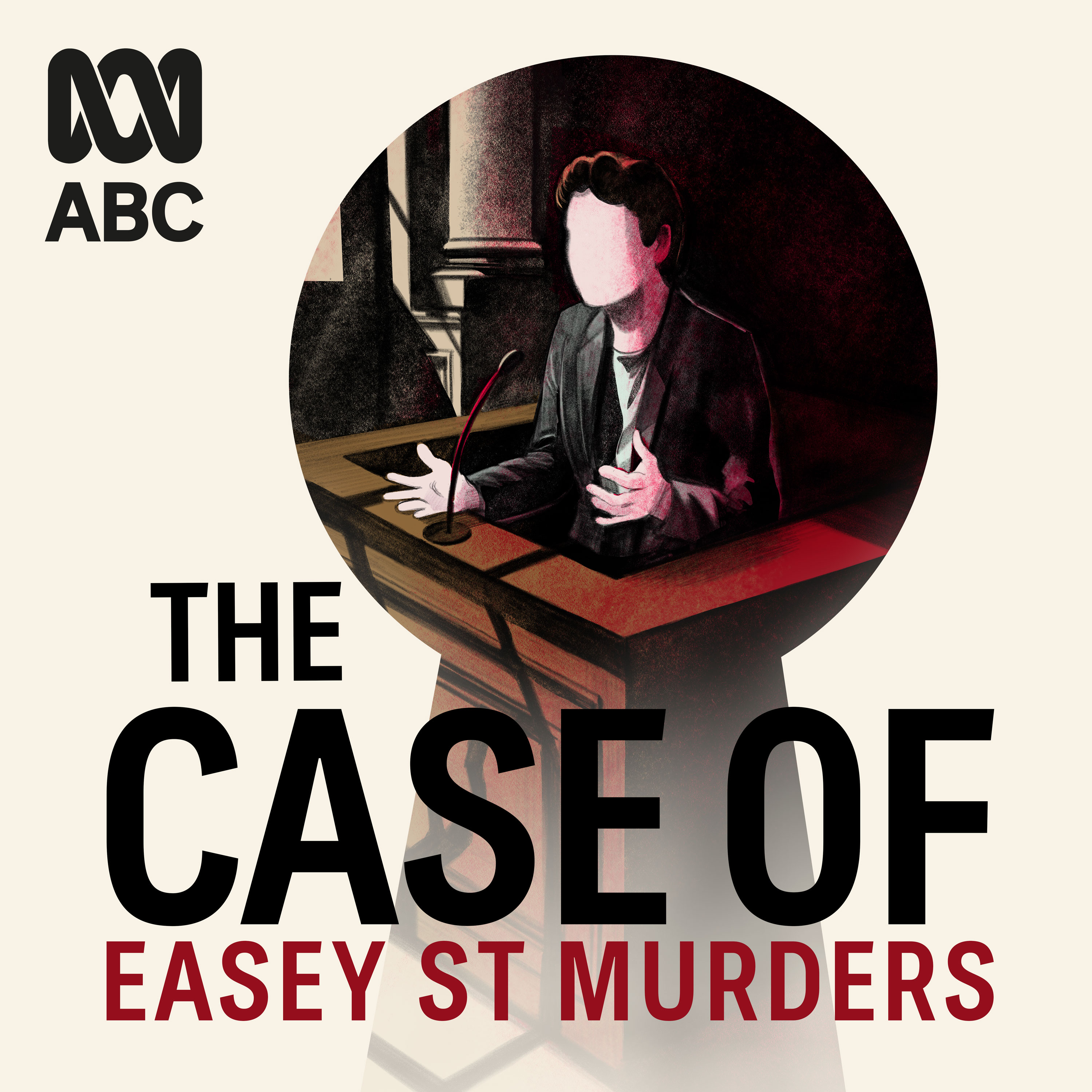Romance Scam: The evidence that defined the trial
Japan’s legal system has a 99% conviction rate, so Donna Nelson and her family knew she had a hard case to argue. But when they saw the judge become tearful about Donna’s experience, a window of hope appeared.
In the second episode of the Romance Scam, James Oaten and Olivia Rousset join Stephen Stockwell to explain how Donna Nelson’s drug trafficking trial unfolded, her conditions in prison, and the evidence that turned the case.
If you have any questions you’d like James, Olivia and Stocky to answer in future episodes, please email thecaseof@abc.net.au.
You can listen back to the first episode of The Case of the Romance Scam here.
The Case Of is the follow-up to the hit podcast Mushroom Case Daily, and all episodes of that show will remain available in the back catalogue of The Case Of.
Press play and read along
Transcript
Transcript is processing—check back soon.



